Thank you for downloading this Atria Books eBook.
Join our mailing list and get updates on new releases, deals, bonus content and other great books from Atria Books and Simon & Schuster.
C LICK H ERE T O S IGN U P
or visit us online to sign up at
eBookNews.SimonandSchuster.com
We hope you enjoyed reading this Atria Books eBook.
Join our mailing list and get updates on new releases, deals, bonus content and other great books from Atria Books and Simon & Schuster.
C LICK H ERE T O S IGN U P
or visit us online to sign up at
eBookNews.SimonandSchuster.com


A Division of Simon & Schuster, Inc.
1230 Avenue of the Americas
New York, NY 10020
www.SimonandSchuster.com
Copyright 2014 by Jang Jin-sung
All rights reserved, including the right to reproduce this book or portions thereof in any form whatsoever. For information, address Atria Books Subsidiary Rights Department, 1230 Avenue of the Americas, New York, NY 10020.
First 37 Ink/Atria Books hardcover edition May 2014
 and colophons are trademarks of Simon & Schuster, Inc.
and colophons are trademarks of Simon & Schuster, Inc.
The Simon & Schuster Speakers Bureau can bring authors to your live event. For more information or to book an event, contact the Simon & Schuster Speakers Bureau at 1-866-248-3049 or visit our website at www.simonspeakers.com.
Front cover photographs Getty Images
Jacket design and illustrations by Richard Yoo
Jacket photograph Michael Frost
Library of Congress Cataloging-in-Publication Data
Jang, Jin-sung.
Dear Leader : poet, spy, escapee : a look inside North Korea / Jang Jin-sung ; translated by Shirley Lee.
pages cm
1. Jang, Jin-sung. 2. Korea (North)Politics and government19942011. 3. Kim, Chong-il, 19422011. 4. PropagandaKorea (North). 5. Political refugeesKorea (North)Biography. 6. PoetsKorea (North)Biography. 7. Korea (North)Biography. I. Title.
DS935.7773.J36A3 2014
951.9305'1092dc23
[B] 2014010236
ISBN 978-1-4767-6655-3
ISBN 978-1-4767-6657-7 (ebook)
A LITTLE after midnight, just as Im settling into bed, the phone begins to ring. I decide not to answer before the fifth ring, and hope it will stop before then. When it rings a sixth time, I imagine my parents waking up, disturbed, and I pick up. I am ready to give whoever is on the other end a good telling-off.
Hello? In the silent house my voice sounds more intrusive than the ringing phone.
This is the first party secretary.
At these words, I jerk upright and jar my skull against the headboard.
I am issuing an Extraordinary Summons. Report to work by one a.m. Wear a suit. You are not to notify anyone else.
Although in this country we are accustomed to obeying even the strangest command as a matter of course, its disconcerting that the first party secretary himself has just given me an order. He is the Central Party liaison for our department. Under normal circumstances, I would expect to receive orders from the party secretary of Division 19 or Section 5, in keeping with my position in the partys organizational hierarchy. On top of that, he has used the term Extraordinary Summons.
This usually refers to the mobilization of troops. When the United States and South Korea perform joint military exercises on the Korean peninsula, our nation responds by conducting nationwide mobilization drills. The call to take part in these is referred to as an Extraordinary Summons. But we are usually notified through deliberate leaks in advance of such a call. Individual Workers Party units and sections, under fierce pressure to outperform their rivals, are always seeking to gain an edge: employees of those well connected enough to be in the know remain at work on the specified day, reporting for duty ahead of those who unwittingly went home for the evening.
However, if this were a standard military mobilization summons, I would not have been asked to wear a suit. We cadres who belong to the Central Party, unlike ordinary North Koreans attached to regional or departmental Party branches, know that an Extraordinary Summons can also lead to an encounter with Kim Jong-il, our Dear Leader.
When someone is summoned to meet him, there is no advance notification. Not even the highest-ranking generals are made aware of the operational details of these meetings. An invitation to meet Kim is relayed through a first party secretary, who is summoned to a party committee room that has been placed under lockdown by the Dear Leaders personal bodyguards. Under their close surveillance, the first party secretary receives a list of names and issues the individual summons for each cadre, with the logistics of the encounter carried out in strict secrecy. In this situation, the term Extraordinary Summons is the code phrase that sets this clandestine process in motion.
But the same phrase can have a third, more perturbing meaning. The Ministry of State Security uses it when carrying out secret purges of high-ranking officials. On receiving an Extraordinary Summons at night, a cadre might leave his house alone, taking care not to wake his family, before disappearing into a prison camp or being executed.
Thankfully, I am confident that the third scenario will not apply to me. In fact, I cant wait to leave the house. Only a few days ago, the first party secretary dropped a subtle hint of glory to come.
As instructed, I put on my best suit and tie. In Pyongyang, there are no taxis available after midnight, and motor vehicles must have a special night license to travel after this time. So although it is pitch dark outside, I hop on my bicycle and pedal to work. Bicycles are one of the main forms of transport, but unlike most bikes, mine is brand new and has been specially shipped to me by a relative stationed overseas.
Outside, there are no streetlights lit. The silence of the capital city is so absolute that I can only sense the presence of passers-by before their dark shapes loom into my vision. The electricity supply is in a perpetual state of emergency, even though there are two power stations serving the city. The ageing Pyongyang Thermoelectric Plant was built with Soviet support in 1961, and the East Pyongyang Thermoelectric Plant was built in 1989, but neither produces enough power to supply more than one district of the city at a time. So, like a roaming ghost, power settles in rotation on sections of Pyongyang for about four hours a day.
One area of the city is always bright, though: the Joong-gu area, which lies at the heart of Pyongyang. This is where Central Party offices, senior cadres residential areas, and buildings for foreigners, such as the Koryo Hotel, are located. My workplace, Office 101 of the United Front Department (UFD), lies at the heart of this bright central district. Nearing the compound, I notice that it is more brightly lit than usual, with the grounds as well as the usual guard posts lit up. As I enter the gates, I exclaim to myself, Yes! I am going to meet the General!
Next page
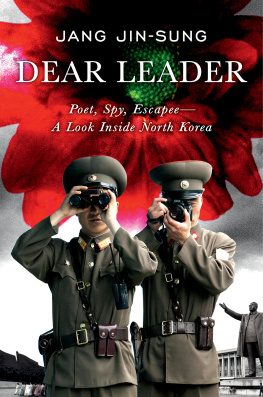
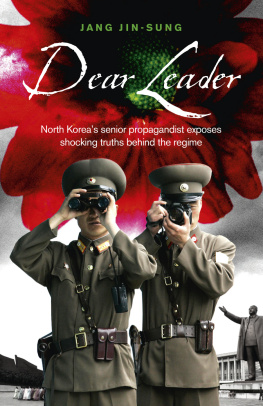
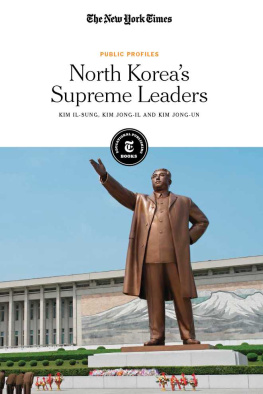
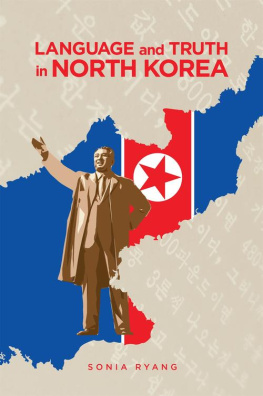
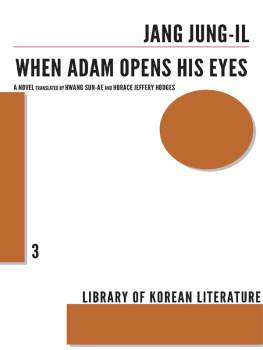
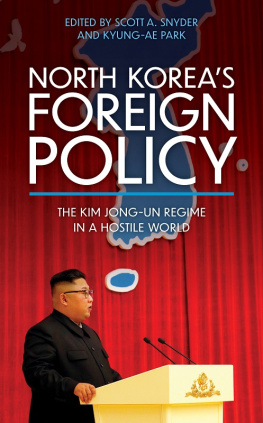



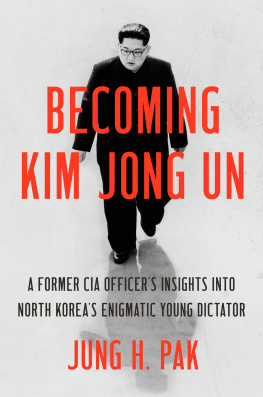
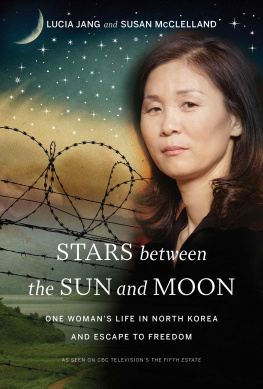
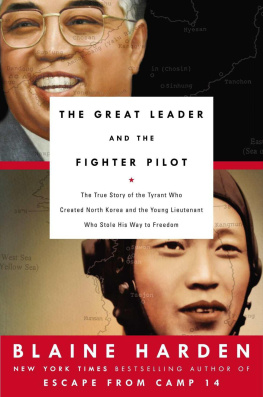



 and colophons are trademarks of Simon & Schuster, Inc.
and colophons are trademarks of Simon & Schuster, Inc.